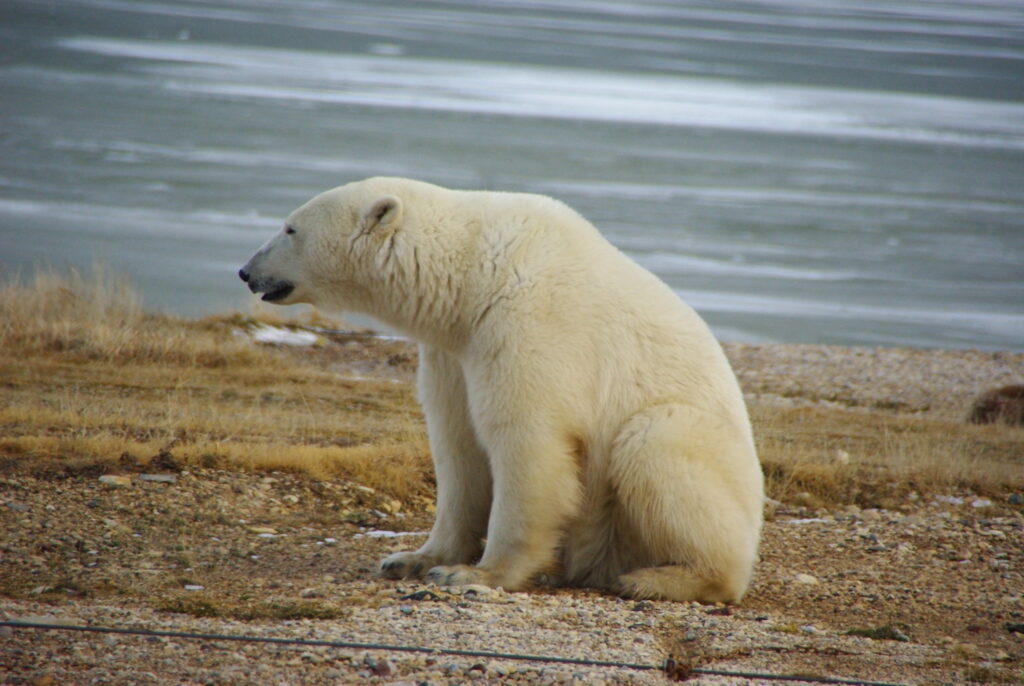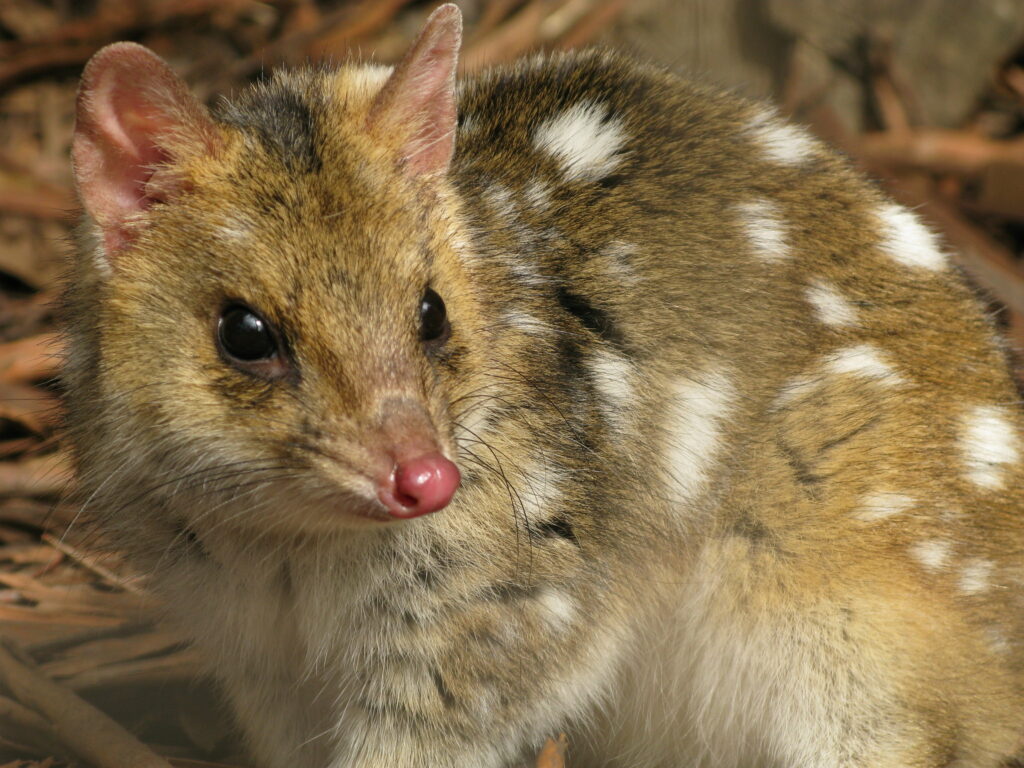Climate change
UK wildlife was ‘devastated’ by extreme weather in the UK. The National Trust’s annual audit revealed that 2022 was a dire year for animals, including amphibians, mammals, birds and insects. Due to strong storms, heatwaves and cold snaps, many species and habitats were effected. The wildfires during the hot summer destroyed many heathland areas in Cornwall, Devon and Dorset, impacting rare species such as sand lizards and smooth snakes. This potential ‘new norm’ of extreme weather is creating major challenges for UK biodiversity.
2022 will be the warmest year on record in the UK, according to the Met Office. Provisional figures hint that the annual average temperature from last year will exceed the previous record set in 2014. The 10 warmest years on record have all occurred since 2003, with temperature trends showing that the UK is hotter since we began burning fossil fuels and releasing greenhouse gases into the atmosphere. This new record is showing that climate change is having a real impact.
Unseasonably warm weather is expected this January, with at least eight countries across Europe experiencing record high temperatures. The warmest January day on record was recorded in Poland, Denmark, the Czech Republic, the Netherlands, Belarus, Lithuania and Latvia. The Czech Republic saw temperatures of 19.6°C, compared with the usual average of 3°C.
Extinction risks

Polar bears are vanishing from the ‘polar bear capital of the world’ in Canada. The western Hudson Bay is considered a stronghold for this species but government research is showing that there has been a dramatic decline in numbers. Every five years, researchers count the number of bears in the area and extrapolate population trends, with the last count in 2021 estimating 618 bears, down from 842 five years earlier. The reveal showed significant declines in adult females and subadult bears between 2011 and 2021, possibly due to displacements to neighbouring regions or hunting. The bears’ sea-ice habitat has also been disappearing, with the far north of the world warming up to four times faster than the rest of the planet.
New discoveries
A pink coloured variant of the Monotropastrum humile plant, native to East and Southeast Asia, has been discovered to actually be a new species. A 20-year study determined how exactly these plants different, with specimens collected throughout Japan, Taiwan and Vietnam. Originially, there was thought to be only one species in this genus in the world, so this new discovery has deepened our understanding of the plants in the Monotropastrum genus. As this newly recognised species is rare and therefore presumably endangered, the information from this study will hopefully be used to inform conservation efforts.
Research
Researchers have found a ‘shark graveyard’ at the bottom of the ocean in one of Australia’s newest marine parks. Fossilised teeth dating back to an ancient ancestor of the megalodon were found in samples taken from this site, along with 750 teeth representing a number of other predatory species. These were a mix of modern and ancient sharks and will help scientists better understand both past and present life in the ocean.
Conservation

Eastern quolls have been released into the Australian bush in New South Wales, over sixty years after they were declared extinct on the mainland. The 10 individuals were released into a NSW nature reserve, bolstering an insurance population of quolls. The Barrington population is the largest on the mainland and was established through the Tasmanian Quoll Program. Special fences have been erected to keep out cats, foxes and pigs, as feral invasive predators are thought to have been the cause of the initial population decimation.

